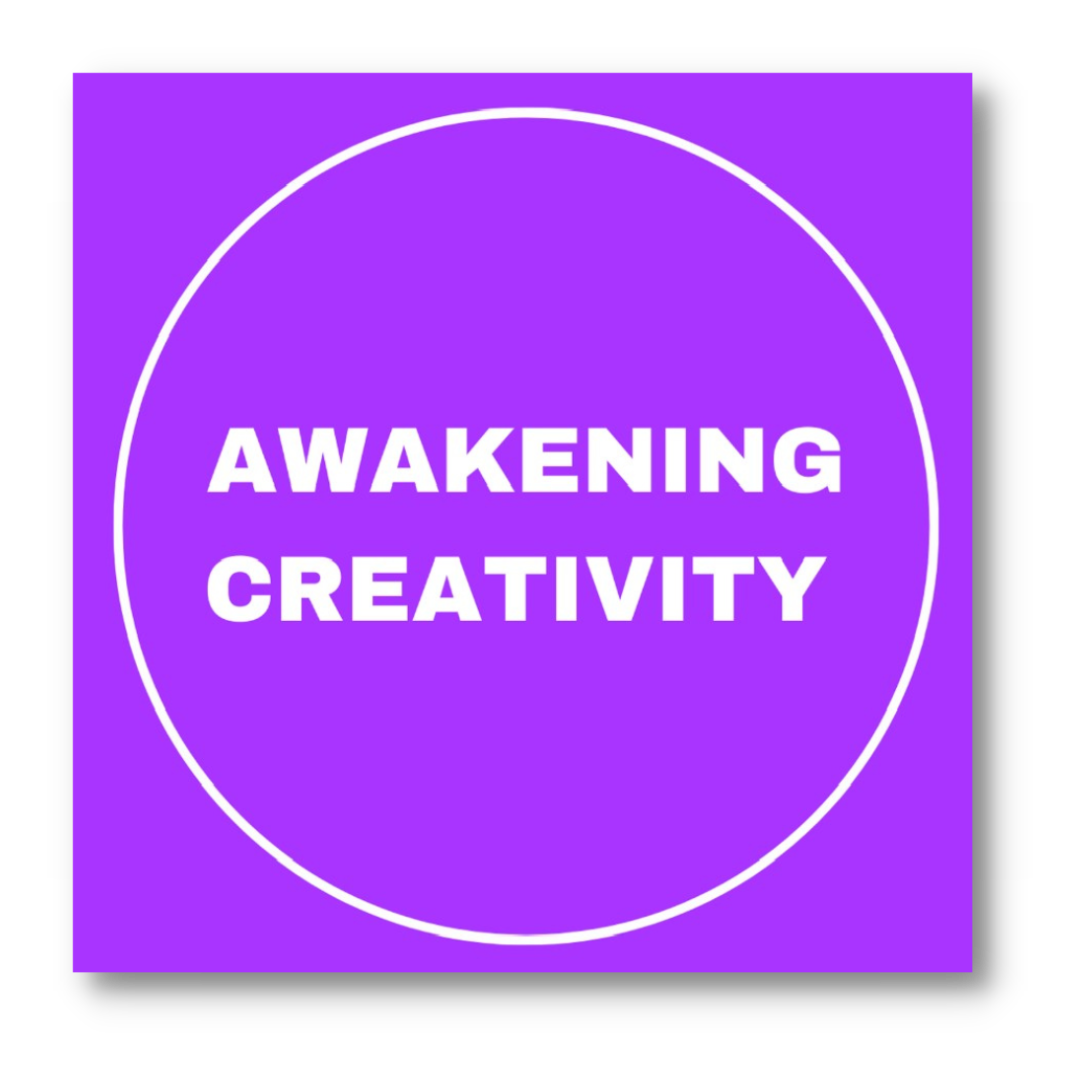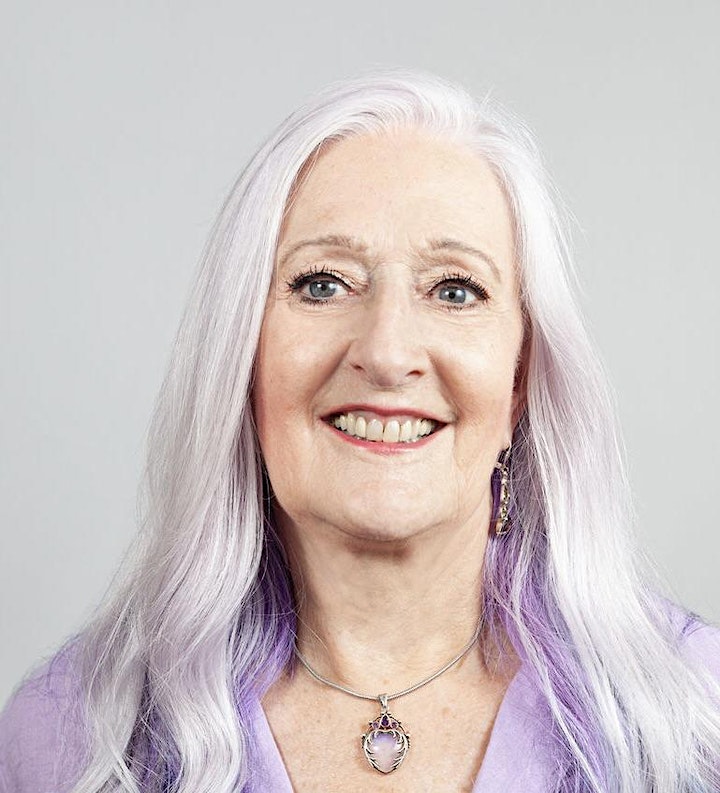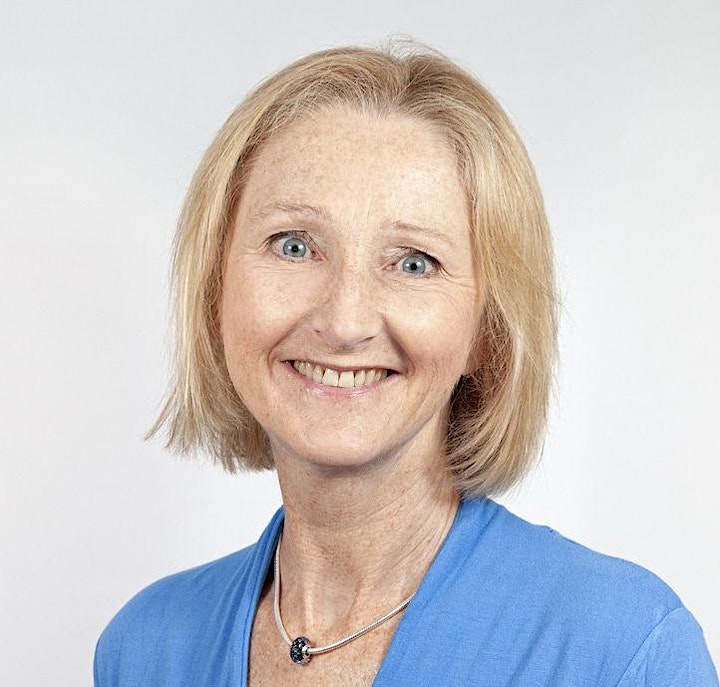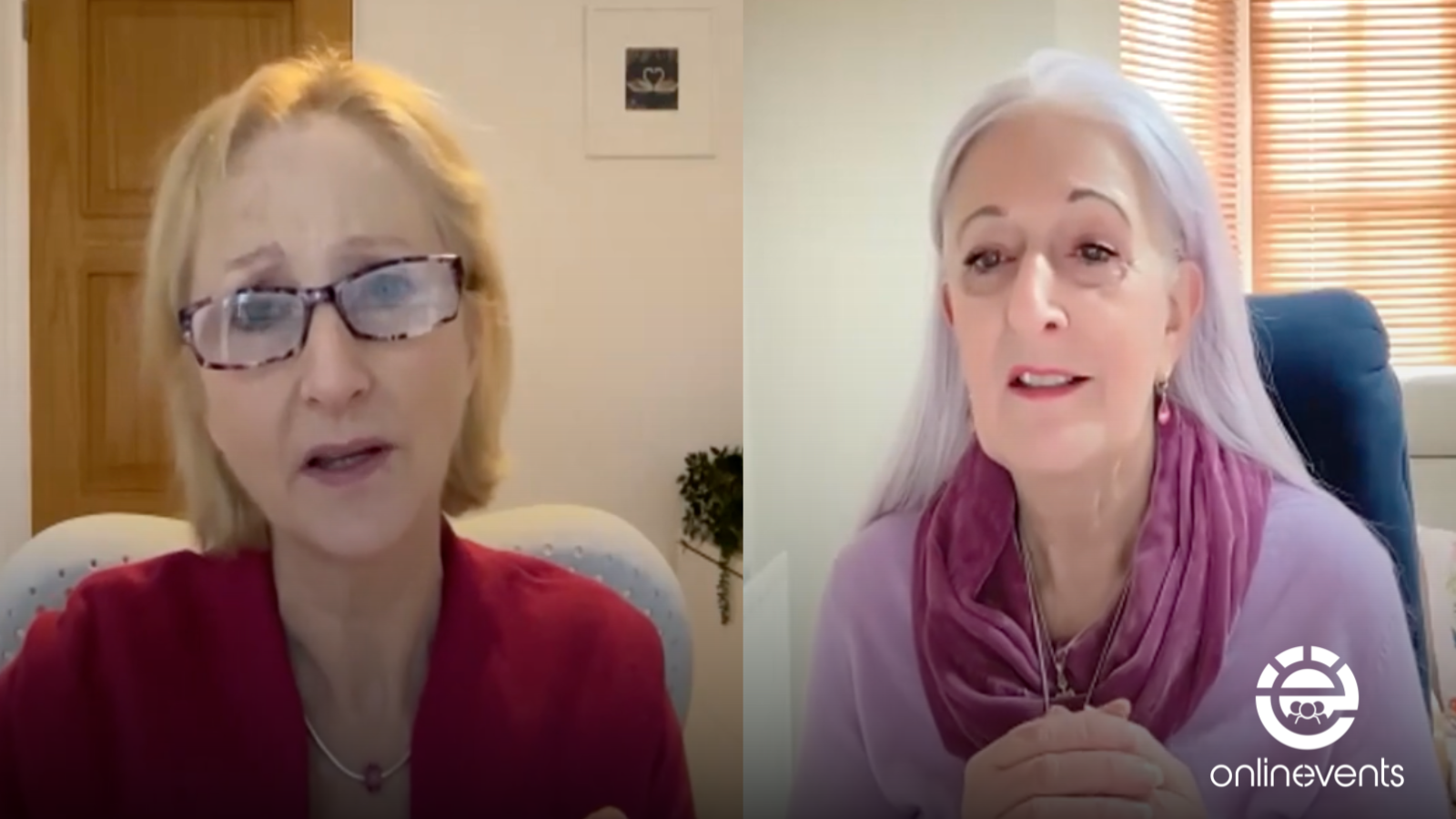Blame behaviour can have a long term impact on the clients relationship with themselves as well as their relationships with others. It’s a defence mechanism where people avoid being aware of their own flaws, failings or uncomfortable feelings, but it actually interferes with their self-esteem and disempowers them. In this workshop we explore blame and how clients can become more self aware and accountable for their actions.
Workshop Details
Blame behaviour can have a long term impact on the clients relationship with themselves as well as their relationships with others. It’s a defence mechanism where people avoid being aware of their own flaws, failings or uncomfortable feelings, but it actually interferes with their self-esteem and disempowers them. In this workshop we explore blame and how clients can become more self aware and accountable for their actions.
Why use Creativity in your practice and why does it work? We believe it’s because creativity bypasses the conscious mind and provides a pathway to the unconscious mind. And that enables feelings, thoughts, beliefs and values to come to the surface that would otherwise be hidden. And it’s at this deeper level that the more profound and lasting work can be done.
When clients only use their conscious mind, they may be locked by their thought patterns and not be able to find the right vocabulary to truly express what is going on for them. And that means you may only have part of the story to work with.
Working with the ChrisLin Method and the techniques we share enables you and your client to safely explore the client’s hidden underlying patterns that can then allow them to make new choices about how they show up in the world.
Awaken your ability to use creative techniques by experiencing and learning how to use creativity in your practice. And by doing so, receive some much-treasured time to reflect on yourself too.
“Love these workshops, I have learned so much and now feel so much more confident using creative techniques with my clients.”
Don’t worry, NEITHER YOU NOR YOUR CLIENTS NEED TO BE ‘CREATIVE’ to get the benefit from these workshops. No artistic ability is needed. We trust that everyone is as creative as they need to be in the moment. Just drawing squiggles with a pencil is all the ability you need!
Join us, as we ask you to reflect on your own relationship with the workshop topic and experience a creative technique that helps you explore this for yourself and are confident to use this technique with your own clients.
All of the creative techniques we share can be used virtually and face to face.
By experiencing each technique, you will come to understand how they work and how powerful they can be in exploring thoughts and deeply held beliefs and in gaining new insights that help create a positive shift, often much more quickly, than just though talking.
IT’S IMPORTANT TO KNOW: that you will be experiencing the creative techniques first-hand and working on yourself and your relationship with the topic. That way, you’ll feel the power of these creative techniques personally and know how they open up new thoughts, perspectives and approaches that you can then take into your practice.
For all our workshops you will need at a very minimum, sheets of A4 paper, felt tip pens or coloured pencils. Plus scissors, glue or sticky tape if you have any items you want to stick on or glue together.
Other ideas: pastels (chalk and/or oil), paints, paint brushes, cotton wool, fabric, balls of wool, coloured thread, string, paper clips, elastic bands, straws, pasta (uncooked), dried pulses, sequins, beads, sea shells, stones, magazines with lots of pictures, e.g. holiday brochures. Things from nature such as pebbles or stones, sticks, leaves, seed heads, grasses, pressed flowers and pinecones are also good. The list of things that you can use on your creative work is endless. Start collecting!
We will not be telling you how or when to use things from your creative collection it is up to you to make the choice at the time of the workshop.
It would be helpful if you could have a little space around you so you have room to make your creative piece. If you have no space on your work desk, then perhaps a table that you could go to, as long as you can hear or see when it’s time to re-join the meeting.
We look forward to welcoming you on this workshop!
Learning Objective Participants Can Expect From This Event:
- Be confident in introducing creativity into your practice
- Have tools and techniques that enable transformational breakthroughs to happen
- Realise the benefits and potential from including creativity in your tool-kit
Who is This Workshop Appropriate For?
- Counsellors, art-therapists, therapists, coaches
How May This Workshop Impact Your Practice?
- Use Creativity to help clients work with unhelpful emotions and behaviours to make significant shifts that have a long-lasting positive impact
Why use Creativity in your practice and why does it work? We believe it’s because creativity bypasses the conscious mind and provides a pathway to the unconscious mind. And that enables feelings, thoughts, beliefs and values to come to the surface that would otherwise be hidden. And it’s at this deeper level that the more profound and lasting work can be done.
When clients only use their conscious mind, they may be locked by their thought patterns and not be able to find the right vocabulary to truly express what is going on for them. And that means you may only have part of the story to work with.
Working with the ChrisLin Method and the techniques we share enables you and your client to safely explore the client’s hidden underlying patterns that can then allow them to make new choices about how they show up in the world.
Awaken your ability to use creative techniques by experiencing and learning how to use creativity in your practice. And by doing so, receive some much-treasured time to reflect on yourself too.
“Love these workshops, I have learned so much and now feel so much more confident using creative techniques with my clients.”
Don’t worry, NEITHER YOU NOR YOUR CLIENTS NEED TO BE ‘CREATIVE’ to get the benefit from these workshops. No artistic ability is needed. We trust that everyone is as creative as they need to be in the moment. Just drawing squiggles with a pencil is all the ability you need!
Join us, as we ask you to reflect on your own relationship with the workshop topic and experience a creative technique that helps you explore this for yourself and are confident to use this technique with your own clients.
All of the creative techniques we share can be used virtually and face to face.
By experiencing each technique, you will come to understand how they work and how powerful they can be in exploring thoughts and deeply held beliefs and in gaining new insights that help create a positive shift, often much more quickly, than just though talking.
IT’S IMPORTANT TO KNOW: that you will be experiencing the creative techniques first-hand and working on yourself and your relationship with the topic. That way, you’ll feel the power of these creative techniques personally and know how they open up new thoughts, perspectives and approaches that you can then take into your practice.
For all our workshops you will need at a very minimum, sheets of A4 paper, felt tip pens or coloured pencils. Plus scissors, glue or sticky tape if you have any items you want to stick on or glue together.
Other ideas: pastels (chalk and/or oil), paints, paint brushes, cotton wool, fabric, balls of wool, coloured thread, string, paper clips, elastic bands, straws, pasta (uncooked), dried pulses, sequins, beads, sea shells, stones, magazines with lots of pictures, e.g. holiday brochures. Things from nature such as pebbles or stones, sticks, leaves, seed heads, grasses, pressed flowers and pinecones are also good. The list of things that you can use on your creative work is endless. Start collecting!
We will not be telling you how or when to use things from your creative collection it is up to you to make the choice at the time of the workshop.
It would be helpful if you could have a little space around you so you have room to make your creative piece. If you have no space on your work desk, then perhaps a table that you could go to, as long as you can hear or see when it’s time to re-join the meeting.
We look forward to welcoming you on this workshop!
Learning Objective Participants Can Expect From This Event:
- Be confident in introducing creativity into your practice
- Have tools and techniques that enable transformational breakthroughs to happen
- Realise the benefits and potential from including creativity in your tool-kit
Who is This Workshop Appropriate For?
- Counsellors, art-therapists, therapists, coaches
How May This Workshop Impact Your Practice?
- Use Creativity to help clients work with unhelpful emotions and behaviours to make significant shifts that have a long-lasting positive impact
Course Content
Presenter

We have worked together for many years and through our work, research and 50+ years of collective experience, our philosophy has taken shape. Together we have designed and developed ‘The ChrisLin Method’ which is a simple and effective way of working creatively with clients…….. Click the website button to read more

Christina trained as a humanistic psychologist and counsellor in the early 1980′s and then went on to develop skills in Art Therapy and sand play, and became a NLP Trainer, hypnotherapist and a Clean Language and Symbolic Modelling Practitioner. Christina brings a deep understanding of the structure of clients thinking and over 35 years’ experience to the ChrisLin Method. She has worked as a counsellor, personal coach, team consultant and executive development coach and today she is a Coach Supervisor, Executive and Leadership coach and works with individuals using her unique 2-day Chrysalis process.

Lindsey found her real calling and moved from a career in the Tech sector in Sales and HR to qualify as an NLP practitioner, trained in many approaches including Clean Language, Transactional Analysis, CBT and Motivational Interviewing and is CIPD qualified. Her work is highly influenced by Bessel van der Kolk, Peter Levine and Stephen Porges and she brings her knowledge of systemic processes and coaching skills to co-develop the creative interventions of the ChrisLin Methods. Today she works with corporate and private clients who are at a significant crossroads in their lives, including those who are Neurodiverse.
Christina and Lindsey are co-authors of The ChrisLin Method, 5 Steps for Working with Imagery and Metaphor.


